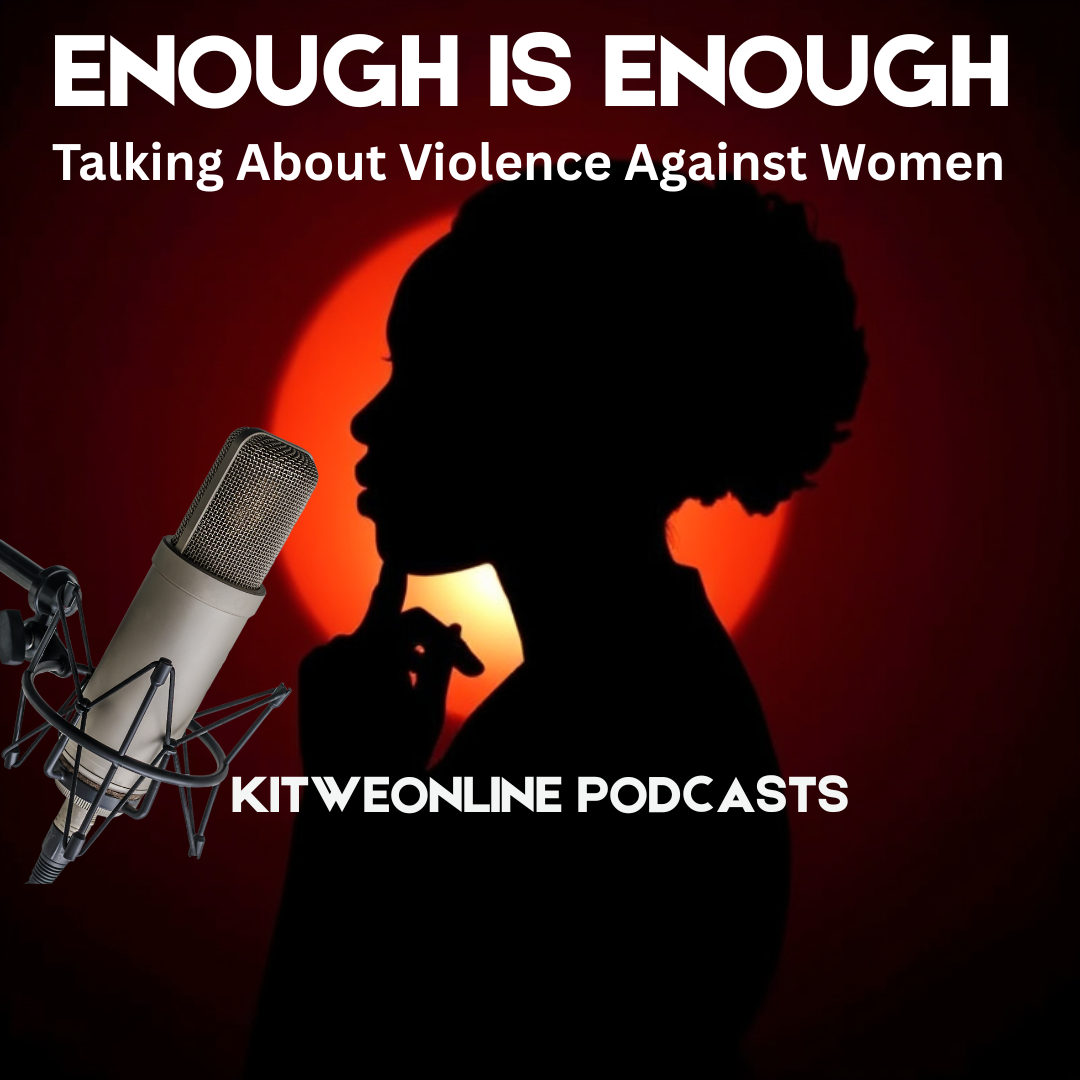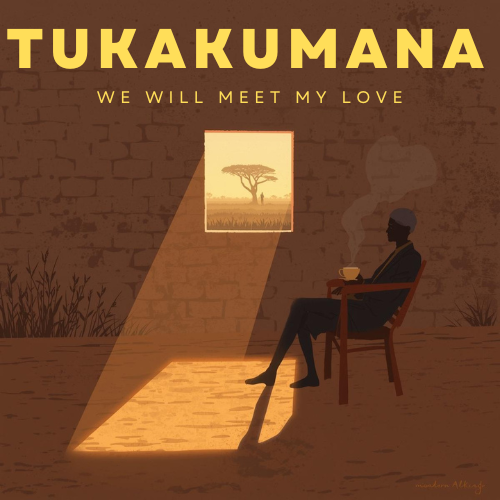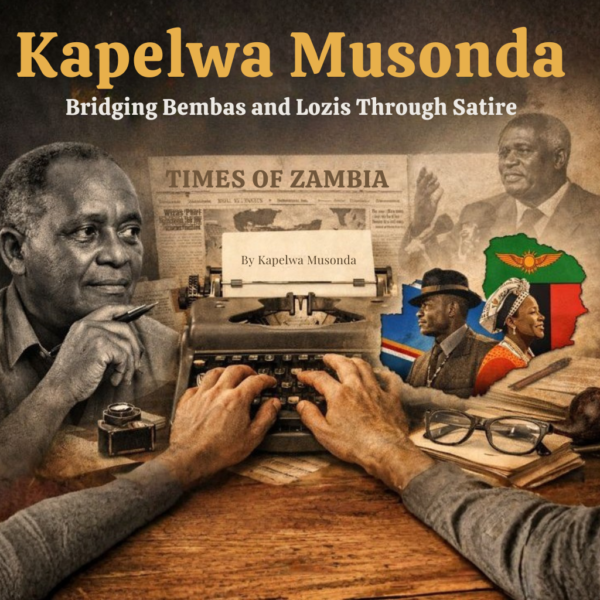Violence against women isn’t just a women’s issue—it’s a human issue.
It crosses borders, cultures, religions, and income levels.
Here in Zambia, as in many parts of Africa, it’s a deep wound in society that we can no longer afford to ignore.
🔍 What Is Violence Against Women?
Violence against women (VAW) refers to any act of gender-based violence that results in, or is likely to result in, physical, sexual, psychological, or economic harm.
It can happen in public or private, and it takes many forms:
- A wife silently enduring beatings because “it’s a private matter.”
- A teenage girl married off before finishing school.
- A woman harassed on her way to the market.
- A worker facing unwanted advances from her boss but afraid to speak up.
In all these cases, the harm isn’t always visible bruises—it’s power and control, enforced through silence and stigma.
📊 How Big Is the Problem in Zambia?
- According to the 2018 Zambia Demographic and Health Survey, 47% of women aged 15–49 have experienced physical violence in their lifetime. That’s nearly 1 in 2 women.
- The World Health Organization reports that 17% of Zambian women have experienced sexual violence.
- Most cases go unreported, due to fear, shame, or a belief that “nothing will change.”
- And worryingly, violence begins young: 1 in 3 girls experience some form of sexual violence before turning 18.
🤔 Why Does This Keep Happening?
Violence against women is rooted in long-standing social and cultural norms.
Here are some of the key reasons it persists:
- Cultural beliefs that normalize male dominance and female submission
- Economic dependence that traps women in abusive relationships
- Weak legal enforcement, where cases are delayed or dismissed
- Lack of education, leading to limited understanding of rights
- Stigma, where survivors are blamed instead of supported
- Crises and conflict, which increase women’s vulnerability to abuse
💔 The Consequences and Hidden Costs
The impact of gender-based violence stretches far beyond the immediate victims:
🏥 Physical and Mental Health
Survivors face higher rates of injuries, depression, anxiety, sexually transmitted infections, and unintended pregnancies.
👨👩👧👦 Intergenerational Trauma
Children growing up in violent homes are more likely to suffer emotional damage and repeat cycles of abuse.
💸 Economic Costs
Violence reduces women’s ability to work and earn, costs families income, and places burdens on healthcare systems.
For example, in Viet Nam, violence against women costs nearly 1.41% of GDP.
🏘️ Societal Harm
When violence is normalized, it weakens public safety, social cohesion, and gender equality.
Violence is not just a private matter.
It’s a public crisis with emotional, economic, and social fallout.
🌍 What Are Others Doing?
Across Africa, change is happening—slowly:
- South Africa has strong laws, but enforcement is weak.
- Kenya has shelters and hotlines, but social stigma remains.
- Rwanda has seen progress through grassroots reporting and response systems.
- Burkina Faso is fighting child marriage as part of anti-violence reforms.
And Zambia?
We have legal frameworks like the Anti-Gender-Based Violence Act of 2011—but public awareness, education, and enforcement still fall short.
✅ What Can We Do?
Legal systems can’t solve this alone. It will take communities, institutions, and everyday people working together.
1. Talk About It
Break the silence. When we talk, survivors feel seen—and others feel empowered to act.
2. Support Survivors
Believe women. Guide them toward legal, emotional, and medical help. Never blame them.
3. Educate Boys and Men
Respect starts young. Teach boys empathy, consent, and responsibility.
4. Hold Systems Accountable
Push for serious, timely enforcement of laws. Demand better from police, courts, and leaders.
5. Use Your Voice
Write. Post. Podcast. Protest.
Culture changes when enough people say, “No more.”
💬 Final Word
If you’re reading this and you’ve survived violence, or are living through it now:
You are not alone. You are not to blame. And there is help.
Violence against women must never be normalized.
- Not in our homes.
- Not in our schools.
- Not in our culture.
Let’s raise our voices—until the silence ends.
_________________________
You can listen to this article as a podact on YouTube:


